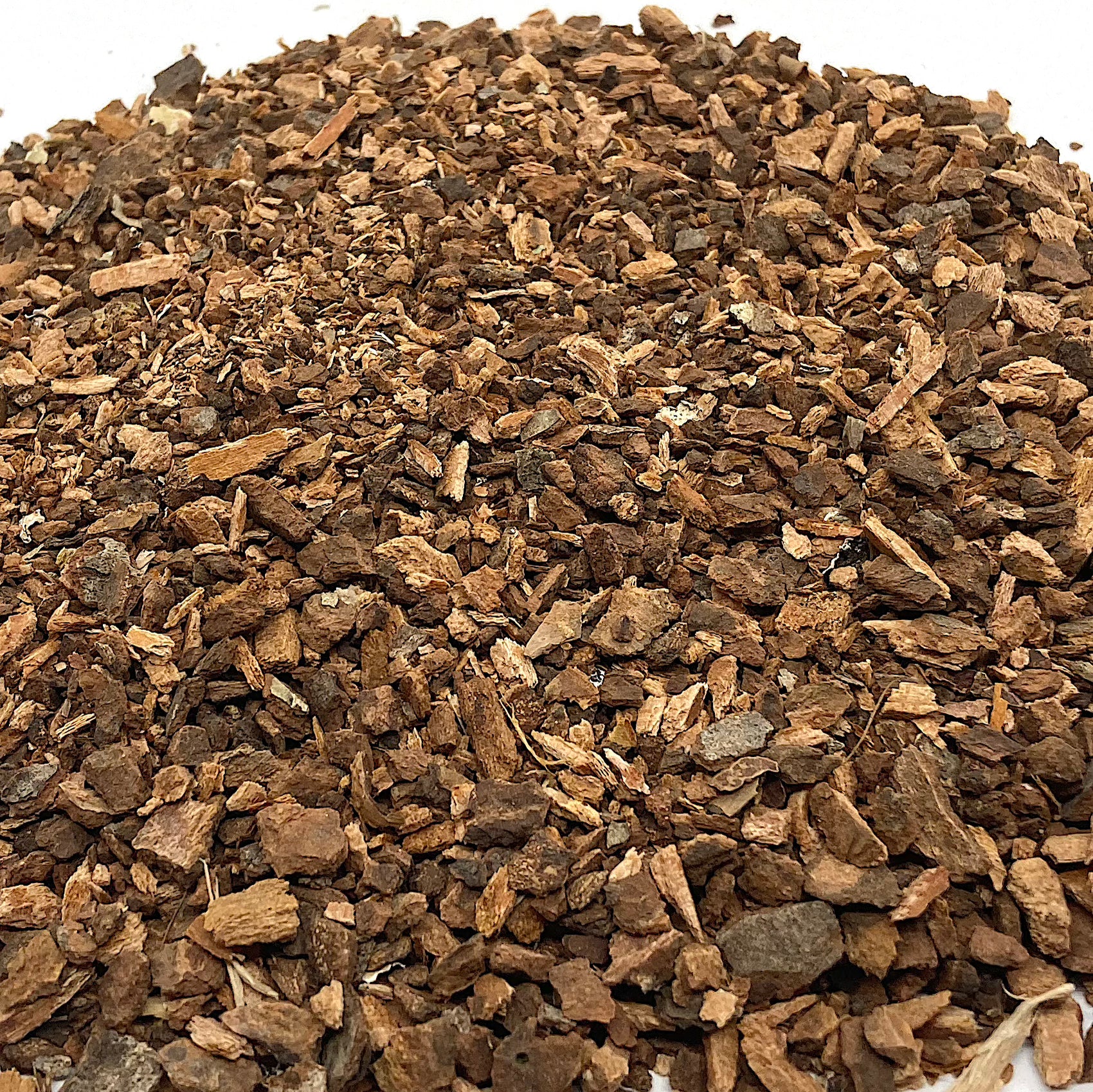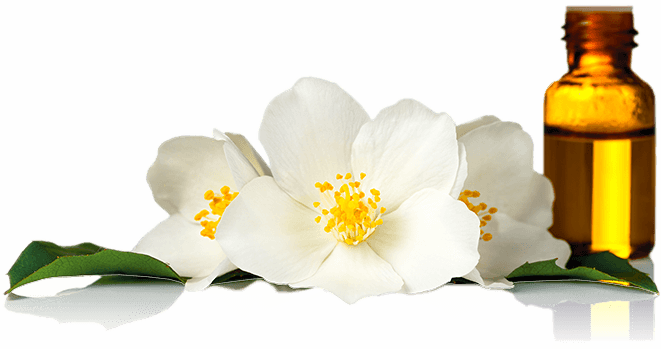Description
USA. Wild Cherry (Prunus serotina) Bark, Cut and Sifted, Certified Organic
Common names: Black Cherry, Black Choke, Rum Cherry, Virginian Prune, Ajamoda, Cerezo Silvestre, Cerisier d’Automne, Padmaka
Family: Rosaceae
Wild Cherry is a fast-growing deciduous tree that reaches up to 80 feet tall. It is native to most of the eastern US, and many areas of Mexico and Central and South America, and has been introduced into western and central Europe.
A sunlight-loving pioneer species, it is mainly found in disturbed areas, roadsides, and forest edges. Wild Cherry is sometimes planted as an ornamental tree. Its fruits can be used for jams and pies, and its wood is valued for cabinetry and musical instruments.
Native Americans cultivated the tree, and used Wild Cherry Bark especially for coughs, colds, laryngitis, and fevers, and also for childbirth pains; for diarrhea; as a topical astringent for wounds, sores, and skin ulcers; as a poultice to the forehead and neck for headaches; as an aid for the liver; and as a general tonic.
Herbalists have found Wild Cherry Bark particularly helpful for sedating the cough reflex in irritated coughs, for COPD, and also for indigestion and irritable bowel syndrome.
Active compounds in Wild Cherry Bark include prunasin (a cyanogenic glycoside that appears to be the key ingredient for suppressing coughs), benzaldehyde, eudesmic and p-coumaric acids, scopoletin, and tannins.
Wild Cherry Bark should be avoided during pregnancy.
*These statements have not been evaluated by the FDA. These products are not intended to diagnose, treat, cure or prevent any disease.









